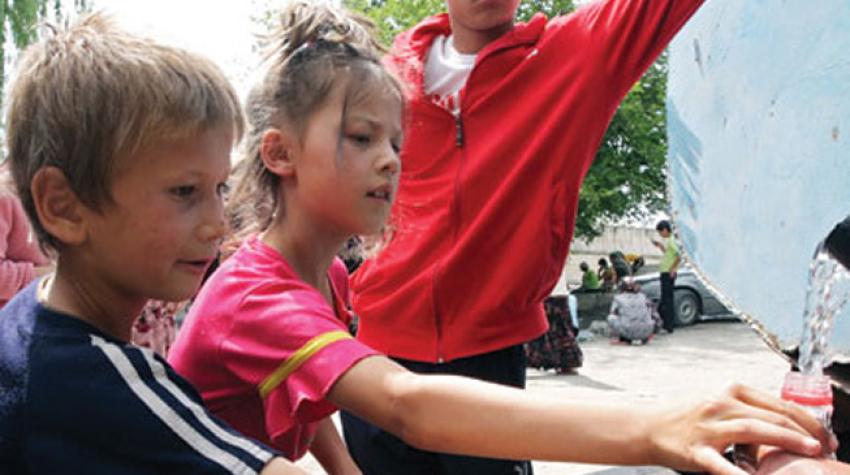
The Evolving Role of the United Nations in Securing Human Rights
From the vantage point of the twenty-first century, it is sometimes easy to forget just how revolutionary the concept of human rights is. Few who witnessed the adoption of the Universal Declaration of Human Rights in 1948 could have imagined its impact over the last seven decades. International law no longer governs only relations among States. Rather, the treatment of individuals by States is a matter of international law and concern.
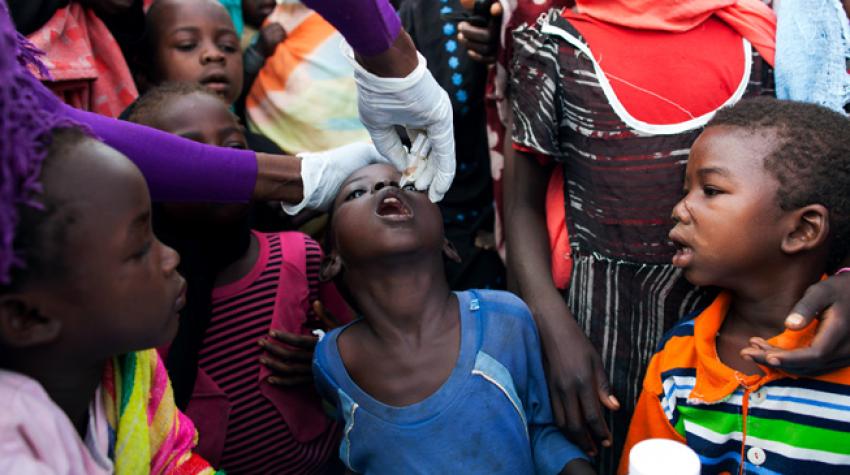
Half a Century of a Right to Health?
If the laudable and ambitious health goals of the International Covenant on Economic, Social and Cultural Rights are to be realized in time for its centenary celebrations, much more vigorous and inventive efforts will be needed, to ensure that every child and young person does indeed enjoy the highest attainable standard of physical and mental health throughout their lifetime.
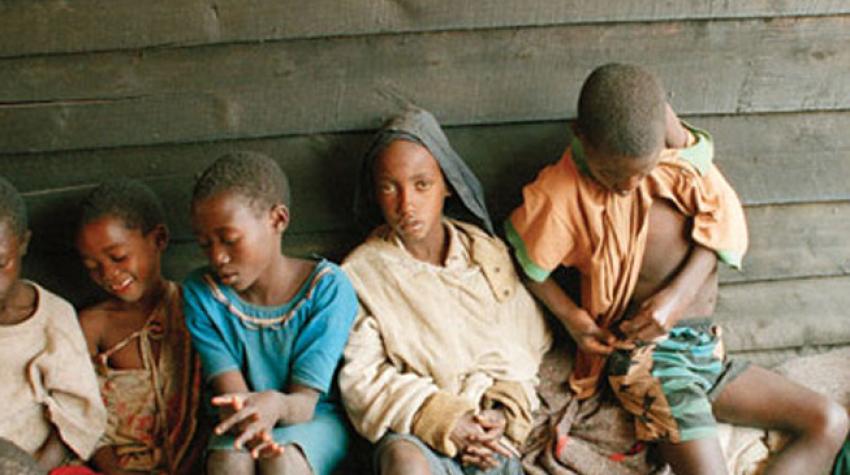
Protecting Vulnerable Populations from Genocide
One day before the adoption of the Universal Declaration of Human Rights on 9 December 1948, the General Assembly adopted the Convention on the Prevention and Punishment of the Crime of Genocide. The adoption of the Convention was full of symbolism and reaffirmed the gravity of the crime it addressed. It demonstrated the commitment of the international community to ensure both the prevention of genocide and the punishment of its perpetrators when the crime could not be prevented. The Convention defined genocide as any particular offense committed with intent to destroy, in whole or part, a national, ethnical, racial, or religious group.
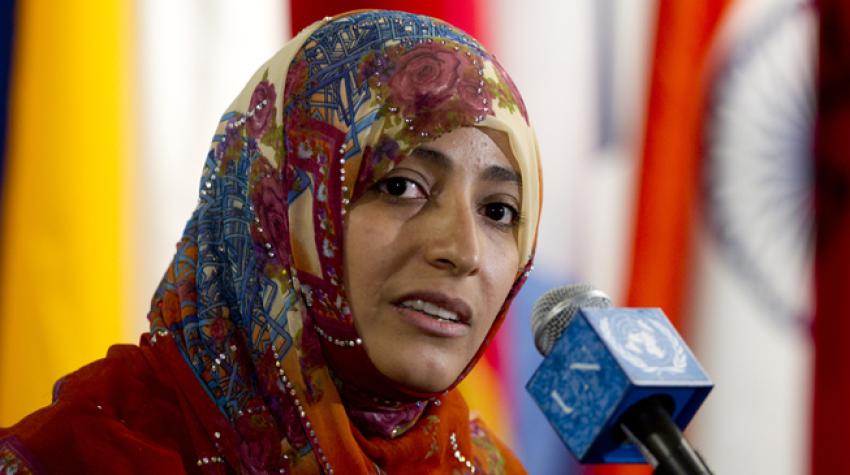
Women and the Arab Spring
The battle that women must wage today should not be one aimed at personal gain but one that will free societies from fear, poverty and tyranny. The promotion and protection of human rights, freedom and democracy are the right way for women to obtain equal rights.

Human Rights, Mass Atrocity Prevention and the United Nations Security Council: The Long Road Ahead
The fiftieth anniversary of the International Covenant on Civil and Political Rights and the International Covenant on Economic, Social and Cultural Rights, both adopted in 1966, provides an opportune moment in history to review the progress on the issue of human rights promotion and examine the Security Council's overall effectiveness in protecting human rights.
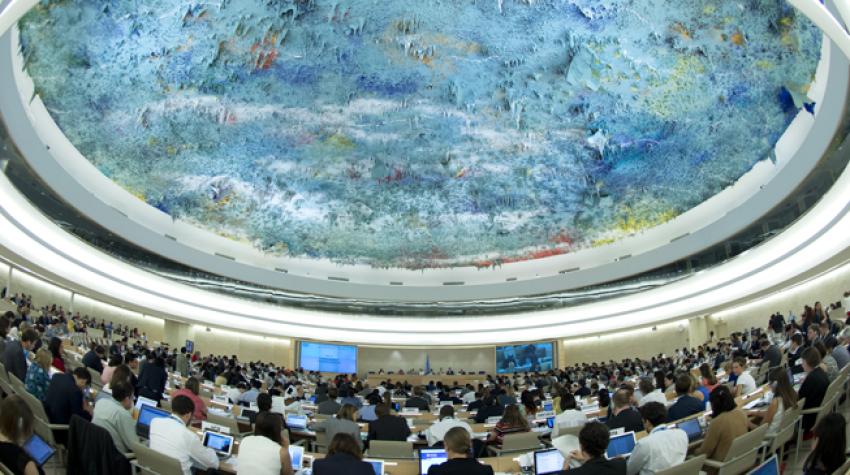
Protection of Human Rights under Universal International Law
The United Nations was founded in the aftermath of the Second World War primarily as a guardian of peace and security in the world. From the very outset, the founders were aware of the close connection between peace and human rights: only under conditions of peace can human beings achieve full enjoyment of their rights. Never again should people be haunted by atrocities; never again should they become the victims of such genocidal policies as had devastated societies throughout Europe.

From International Law to Local Communities: The Role of the United Nations in the Realization of Human Rights
Human rights have been the most dominant driver of change in the post-Second World War period and particularly since the end of the cold war in 1989. This article outlines the impact the Covenant on Civil and Political Rights and the Covenant on Economic, Social and Cultural Rights have had on the pursuit of human rights worldwide and the path forward at a time when the human rights regime is being challenged.

Foreword
Contributors to this issue of the UN Chronicle were asked to look back on the half-century since the adoption of the Covenants and take stock of the status of those rights and the functioning of the United Nations human rights machinery—the various treaties, offices and programmes designed to protect and promote the freedoms enshrined in the Covenants and the Universal Declaration, collectively known as the International Bill of Human Rights.

The Responsibility to Protect
The past decade has shown us that collective and coordinated action can make a difference. The next period of implementation of the RtoP must continue to build on the concrete advances that have been made—and to learn the lessons from past efforts to protect. This redoubling of our collective commitment will ensure that the principle continues to inspire and to catalyse action, delivering more effective protection for all populations.

Cyberbullying and Its Implications for Human Rights
A world that is truly fair and equal requires a culture of respect and mutual understanding. An interconnected world requires communication standards to which all adhere. With that goal in mind, we still have a long journey ahead of us.

A Midlife Crisis for the Treaty-Based Human Rights System?
From the work of experts on human rights treaty bodies, such as the Committee on Economic, Social and Cultural Rights and the Human Rights Committee, to the recent regular Universal Periodic Review of all countries' rights records by the Human Rights Council, there is now an expansive global structure to assess, monitor and criticize human rights violations.
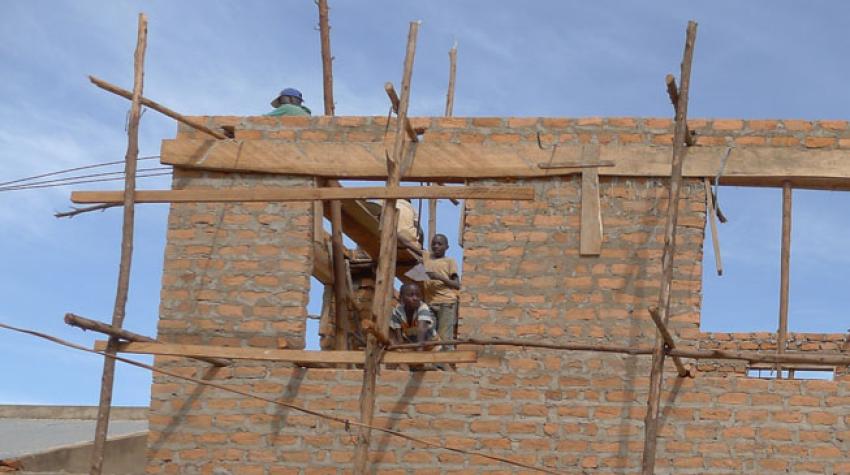
Transforming Settlements in Africa
My perspective on transforming settlements of the urban poor is that such change should be a community- and women-centred process, in order to realize sustainability and bottom-up ownership. Transformation should involve mobilizing and sensitizing slum dwellers to understand the importance of change.

Placing People at the Centre of Our Sustainable Urban Future
It is up to us to work towards the city of our dreams. Together, by maintaining unwavering confidence in mankind and remaining aware of the opportunities offered by our territories and technological advances, we can create sustainable, resilient cities that are welcoming places for their inhabitants today and for future generations.

Delhi, the Forever City
It is all too easy to look underfoot and see that the road to Greater Delhi has been paved with unintelligible official regulations, subversive colonization from below and daring acts by real estate predators. It is equally important, however, on Indian Independence Day, to lift one's eyes to the clear blue sky, alive with the soaring and dipping of hundreds of kites flown from rooftops in Shahjahanabad, down to the spacious lawns leading out from the iconic President's House, where dozens of vendors serve street food from all over India, and to wend one's way at dusk to the shrine of Hazrat Nizamuddin Auliya, to lose oneself in Sufi music, with words that have echoed down through 800 years, in the fragrance of red roses.

Cities for People and by People
This century will see a substantial majority of the world's population living in urban centers. The United Nations Conference on Housing and Sustainable Urban Development (Habitat III), to be held in Quito, Ecuador, from 17 to 20 October 2016, therefore has as its mission the adoption of the New Urban Agenda, an action-oriented outcome document that will set global standards of achievement in sustainable urban development.
